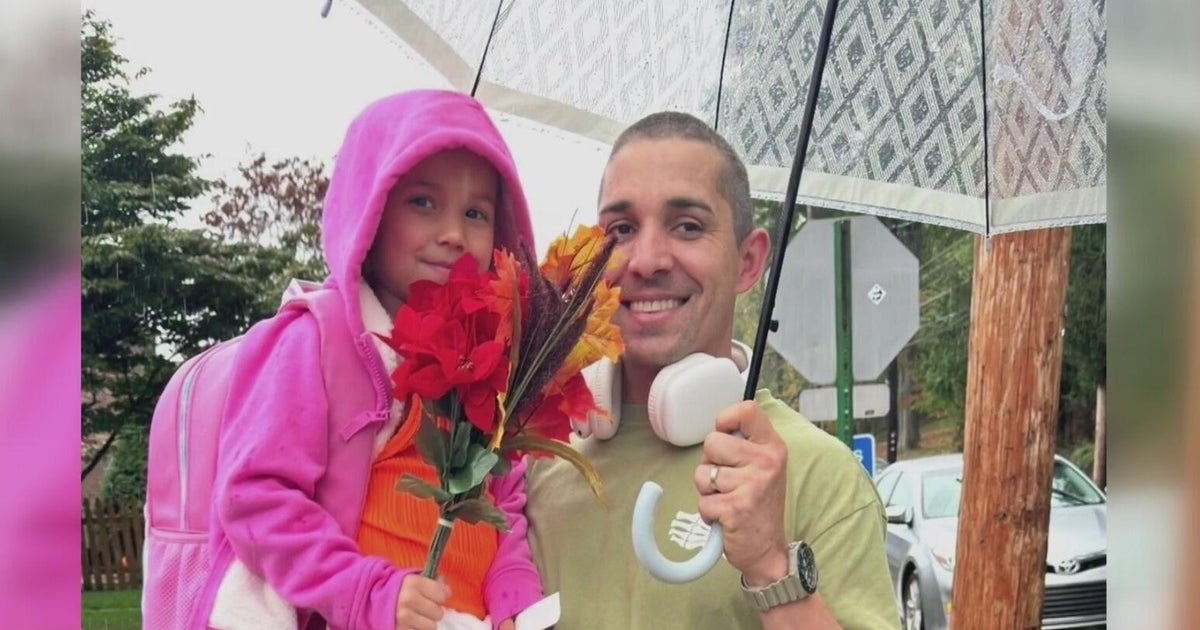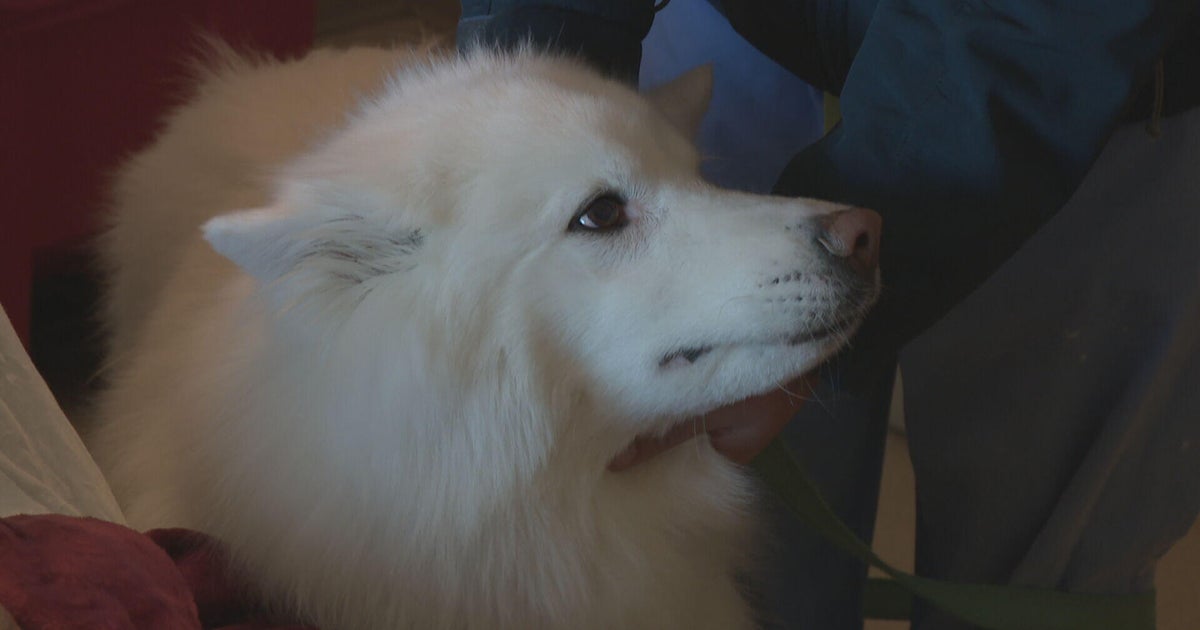Breath Biopsy Offers Doctors New Way To Test For Cancer
NEW YORK (CBSNewYork) -- A recent breakthrough could provide a fascinating new way of detecting cancer.
It's a breath test that researchers hope can pinpoint signature smells of multiple cancers by detecting specific molecules the disease puts out.
As CBS2's Dr. Max Gomez reported, it all started with man's best friend. At Medical Mutts it may look like a regular day at the trainer, but their dogs use their noses to learn how to alert humans what ails them.
"People have never thought that dogs can smell molecules that relate to cancer, but recent studies show they can," Purdue University's Dr. Mangilal Argarwal said.
Dogs have hundreds of millions of scent receptors, and at Medical Mutts they learn to use them to detect things like blood sugar levels in diabetics, anxiety episodes, and upcoming seizures.
Recent studies show dogs also seem to be able to smell certain odors in the urine of prostate cancer patients. It's not that surprising, says lung cancer expert Dr. Nicholas Rohs.
"There's a lot going on in the body," he said. "Metabolizing things, breaking it down, and a lot gets released in urine and stool, but a lot also gets released in our breath so maybe some of those can be picked up in our breath."
That's what British company Owlstone, Inc. is trying to prove. They've developed something they call a breath biopsy, where a patient breaths into a special device for 10 minutes to trap metabolism byproducts called volatile organic compounds, or VOCs. Those trapped VOCs are analyzed in the Owlstone lab, looking for subtle differences that forma a kind of cancer fingerprint.
The hope is for a very early cancer detection.
"Finding cancer early is very important," Rohs said. "Many of my patients present with advanced disease. Early detection could mean more effective treatments and even cures."
Owlstone has begun a clinical trial in the U.K. on 1,500 patients, first looking for stomach and esophageal cancers and then expanding to include patients with prostate, kidney, bladder, and pancreatic cancers.
This kind of clinical trial is actually complicated because you have to show that the results are reproducible, and that when the test shows no cancer there really isn't any and when it's positive, there actually is cancer.
In other words, minimize both false positives and false negatives.







